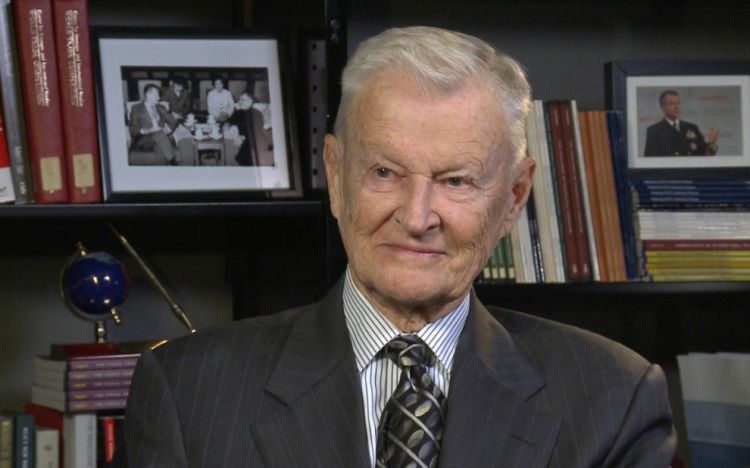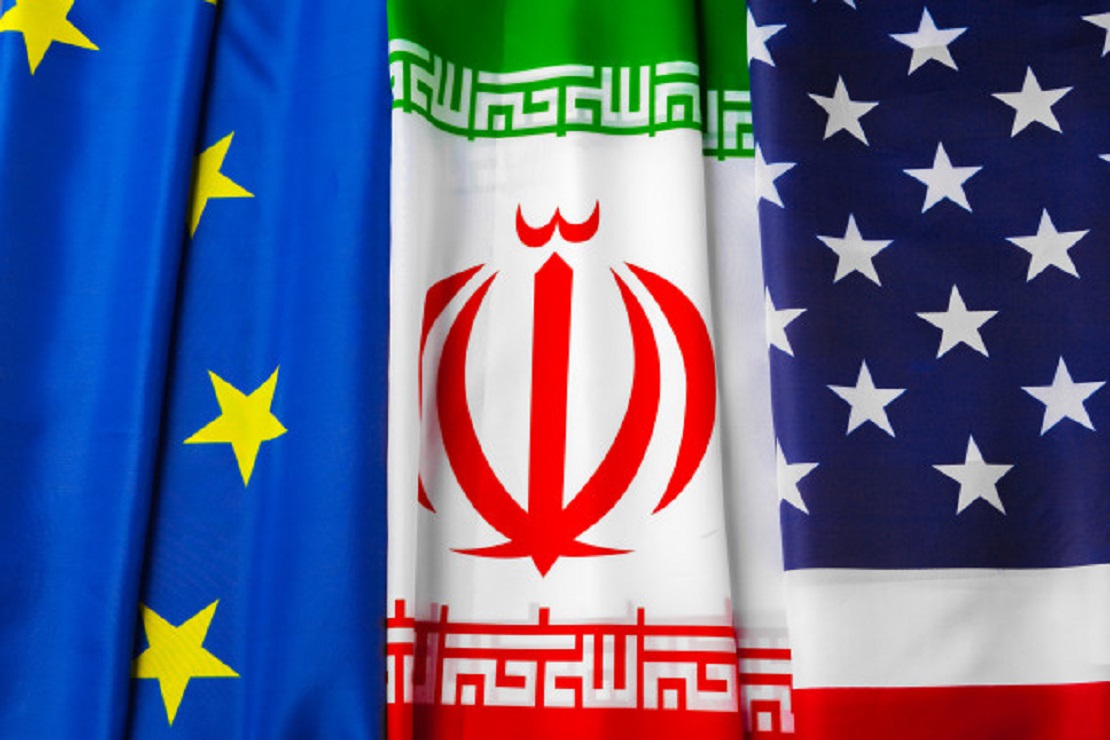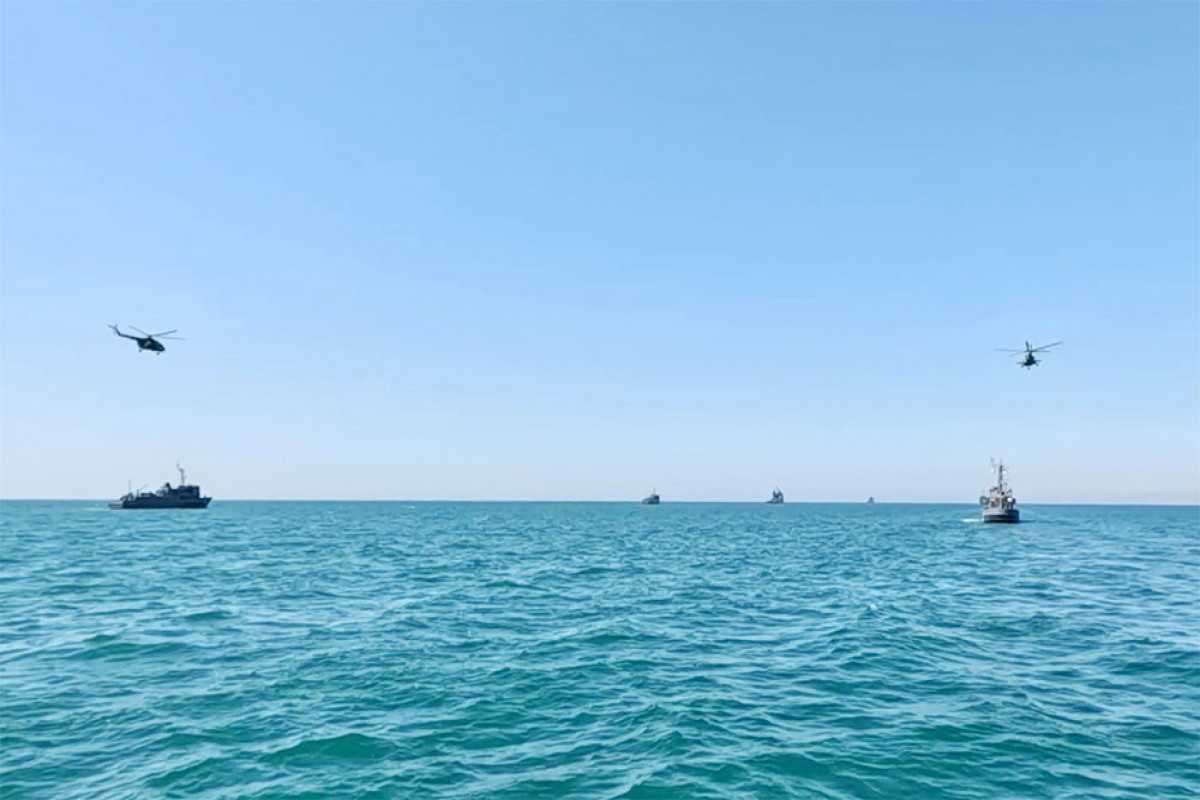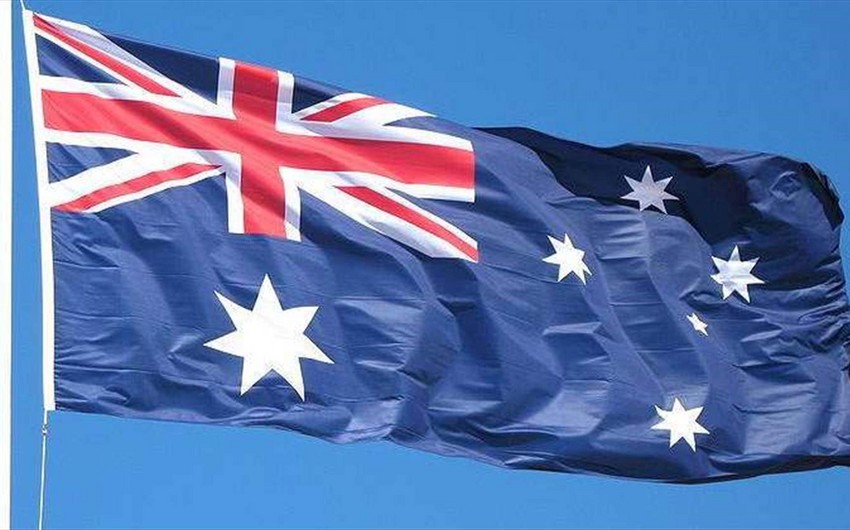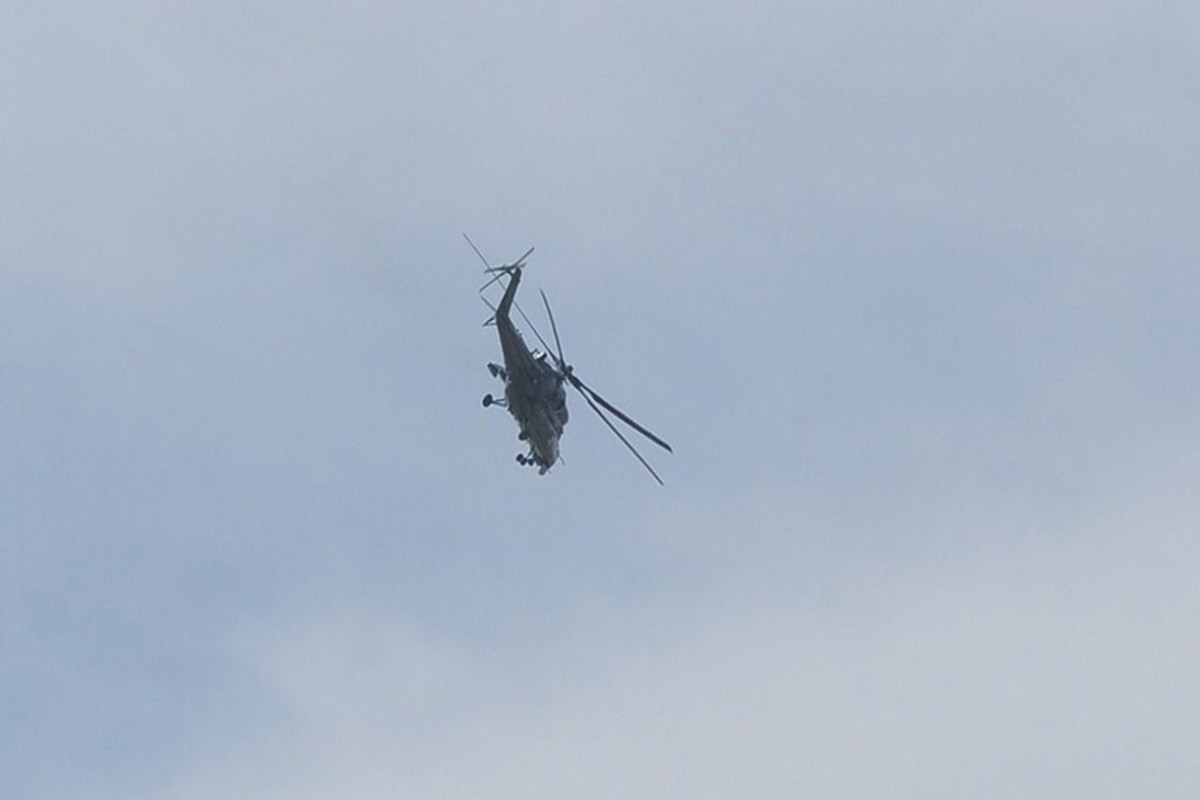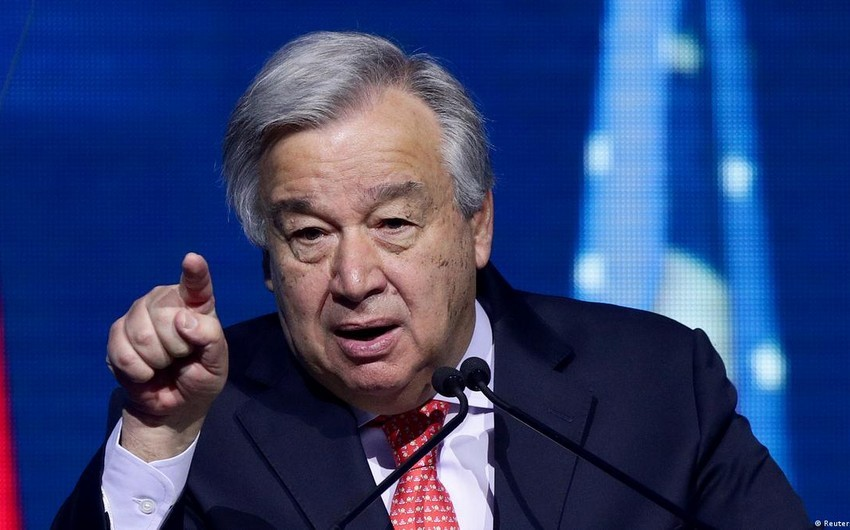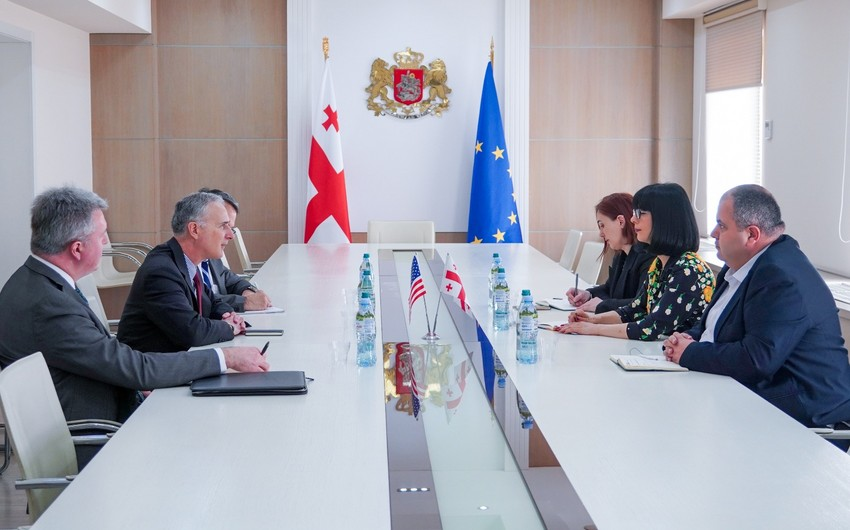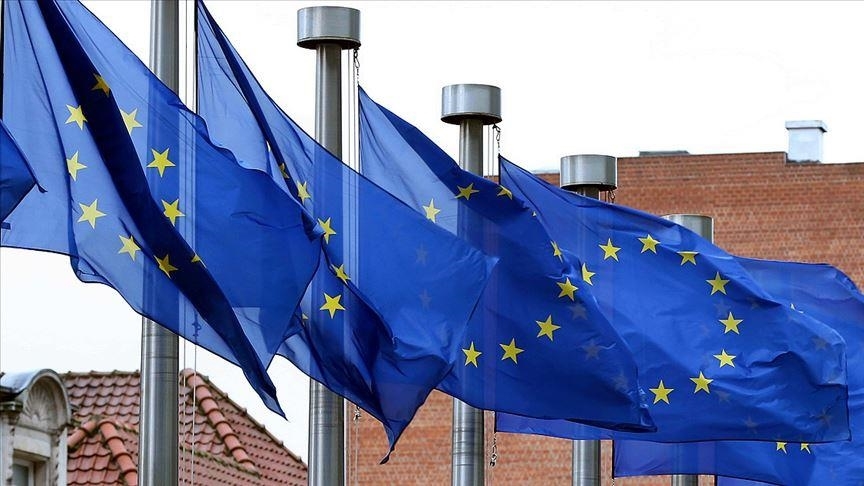Zbigniew Brzezinski, who has died aged 89, was one of the groups of European exiles who did so much to steer American foreign policy in the second half of the 20th century. Brzezinski was a graduate of the Center for International Affairs at Harvard University. He was a Democrat, and it was under the Democrat president Jimmy Cater that he served as national security adviser from 1977 to 1981. Those were difficult years: the US was confronted with many traumatic events, among them the world energy crisis caused by the Arab oil embargo; the Iranian revolution and the subsequent capture of the staff of the US embassy in Tehran; and the Soviet invasion of Afghanistan. Brzezniski had implacable position against the Soviet Union that he wrote and spoken aggressively of Soviet totalitarianism.
On this occasion, Eurasia Diary conducted interview with John Lawrence, expert on International and Public affairs regarding the role of Zbigniew Brzezinski in the foreign policy of the US.

Eurasia Diary: How can you estimate the long-term activity of prominent politician-Zbigniew Brzezinski in the foreign policy of The United States?
John Lawrence: With his death a few days ago at age 89, President Carter's National Security Advisor will continue as the subject of historians for many years to come. A complex, highly informed and articulate academic and diplomat, popular in Eastern Europe and western Asia, he has remained a regular on the American airwaves, and was until now an active member of the Council on Foreign Relations. Always assertive, and often controversial, he is perhaps remembered most during his time in office for his sharp perceptions of Cold-War US-Soviet tensions, and the essential diversion of interests between the two nations. Deeply aware of the nuclear threat, and the dangers of harsh rhetoric in possible miscalculations leading to nuclear war, he made this point strongly in his memoirs, the warnings of which resound today.
Eurasia Diary: From point of your view, what kind of new political processes Brzezinski brought to international relations?
John Lawrence: As a trained political scientist, Brzezinski came to the practice of international relations with an academic European eye, a determined position on adversarial argument, and high respect for intellectual acumen. He gave to President Carter, a single term Southern governor with little foreign policy experience, considerable knowledge of post WWII Europe and an abiding suspicion of Soviet intentions. Furthermore, unlike his forerunner the better-known Henry Kissinger, to whom he is often compared, Brzezinski emphatically opposed the 2003 war in Iraq, certainly one of the most consequential foreign policy events in our lifetime. Among his many contributions, his approach to US foreign policy marked a broad global sensitivity to the intricate structure of international decision-making. While in office, he was analytical about Soviet and Cuban influence in East Africa, foreseeing deterioration of governance structures that, for example, have led to the rise of Al Shebab and other anti--western factions. His role in the `Carter Doctrine' underscored his view of aggressive support for US interests in the Persian Gulf. In his memoirs, he underlines the importance of scrupulous attention to detail in the pragmatics of implementing foreign policy, and in maintaining crucial balance between power and principle. In particular, his insistence (with President Carter) on human rights has been a bellwether characteristic of US (and other western) foreign relations since.
Eurasia Diary; Zbigniew Brzezinski wrote numerous political and scientific books regarding the totalitarian communist regime in Eastern Europe and the Soviet Union. From your opinion, did his ideas play considerable role in the incitement of huge protests against communist regime in Eastern Europe?
John Lawrence: I don’t think it is possible to draw this kind of causal inference, or attribute such influence to Brzezinski. It is true that he wrote (and spoke) often and openly of Soviet totalitarianism, and the challenges it represented to the West. He also on occasion offered encouragement to dissidents, as has many foreign policy practitioners in the interests of democratic expression. But to assign to him significant responsibility for the many and varied regional protests would seem to me an unsupportable thesis.
Eurasia Diary; In your opinion, what reasons urged Brzezinski to support aggressive policy against the Soviet Union in affairs of Eastern Europe, Cuban Missile Crisis and Strategic arms control talks.
John Lawrence: World was dominated by two competing super-powers, it was inevitable that interests would conflict, and in some cases, that strategies would collide. In addition, Brzezinski was personally experienced with the communist regime, having left Poland when the regime took over. In relevant cases where he was actually in office as National Security Advisor -e.g. the signing of the (ultimately unratified) SALT II agreement, support for arming mujahideen in Afghanistan - he argued for combating Soviet expansion through strategic means, but co-existing rather than accommodating. In his book with Samuel Huntington (Political Power 1964) he contrasts the `ideological' with the `instrumental' state, using case studies of the 1961 Cuban crisis, and 1956 Hungary intervention, analytically demonstrating his rationale. Correctly foreseeing eventual Soviet disintegration, throughout his lifetime he spoke of Russian totalitarianism as inimical with western progression and development, to be resisted as a matter of US national policy.
Eurasia Diary: Why did Brzezinski oblige President Jimmy Carter to carry out normalization of relations with the People’s Republic of China?
John Lawrence: A very interesting question. In 1977, President Carter was already committed to continuing the overtures of earlier (Nixon, Ford) administrations, which although opening diplomatic doors had not yet reached formal recognition. According to Brzezinski, he was `sent' by President Carter to initiate the secret negotiations that would eventuate normalization. Brzezinski saw the relationship between the US and China as equivalent to that between the US and Japan or Europe. Reflecting on his efforts, he wrote after leaving office `there will be no stable equilibrium of power in Eurasia without a deepening strategic understanding between America and China'. He also said ` A world in which America and China are cooperating is a world in which American influence is maximized'. So there was little doubt as to why he helped steer the US in that direction. Economically beneficial to both nations, it was nevertheless a costly political move for President Carter, though one which he later said was one of the best decisions he had ever made.
Eurasia Diary: How do you think, have Brzezinski had special role in the establishment of the Organization for Cooperation and Security in Europe?
John Lawrence: The OSCE had its origins in the Helsinki Process which began four years before President Carter took office. Its renaming to OCSE took place some twenty years later. So although it is true he called for a Pan-European Conference on collective security in the early 1970s, Brzezinski's role, specifically, in the establishment of OSCE as an organization is not easy to define. It is clear that he became critical of OSCE and its relationship to the US. During the Obama administration, in an interview in 2009, when Kazakhstan took over as OSCE chair, he cited what he called the inattention of the US, and the lack of a cohesive foreign policy within OSCE. In light of what he termed `regression in the Russian view of the world' he saw OSCE as short on energy and responsibility in carrying out its mission.
Dr John E.S. Lawrence is Adjunct Professor at the School of International and Public Affairs, Columbia University, where he has been on the faculty since 2002. Originally teaching management, he now advises graduate students in capstone-style workshop environments where they carry out consulting assignments in a variety of national settings. Trained as a research psychologist in human resources development, he was formerly Senior Research Psychologist at the Research Triangle Institute, and then Principal Adviser and Deputy Director of the Social Development Division of the UN Development Program's Bureau for Development Policy in New York. He has extensive experience in the West Asian and Eastern European regions, and in more than forty countries in all other world regions. He took his MA at Exeter College, Oxford, and the MSc and PhD at North Carolina State University.

